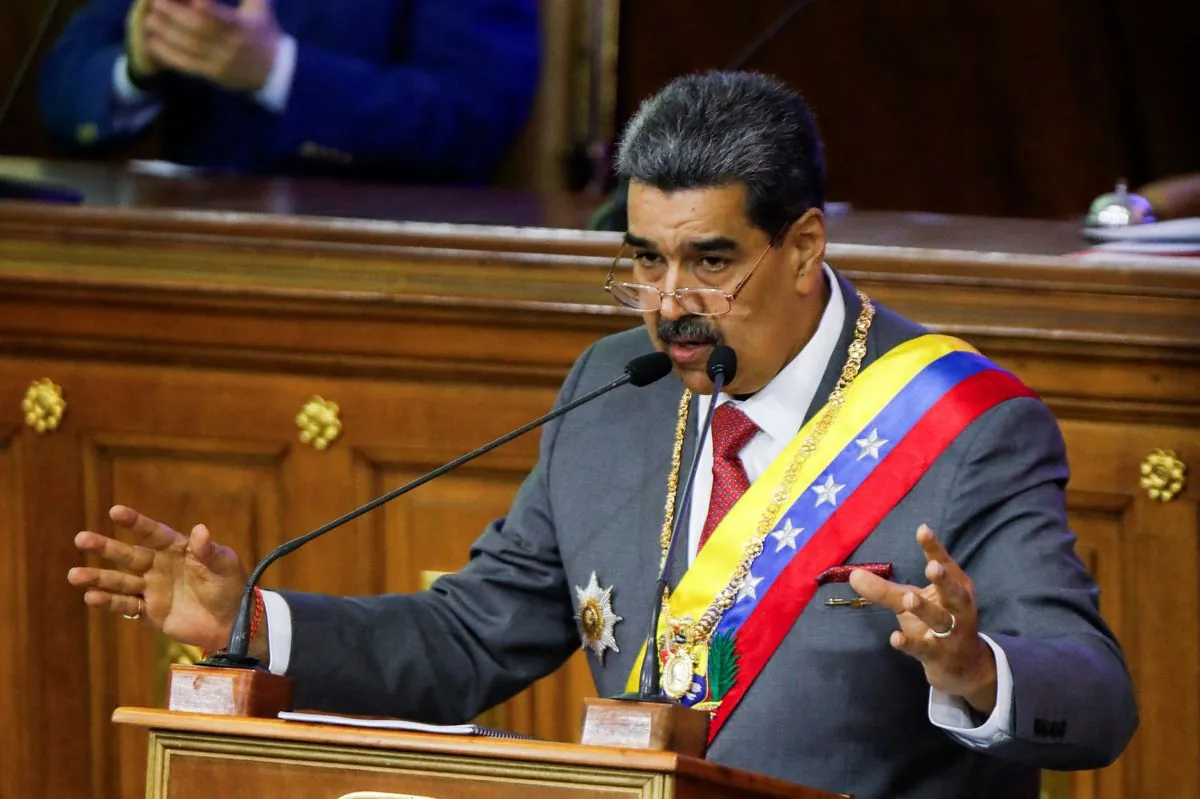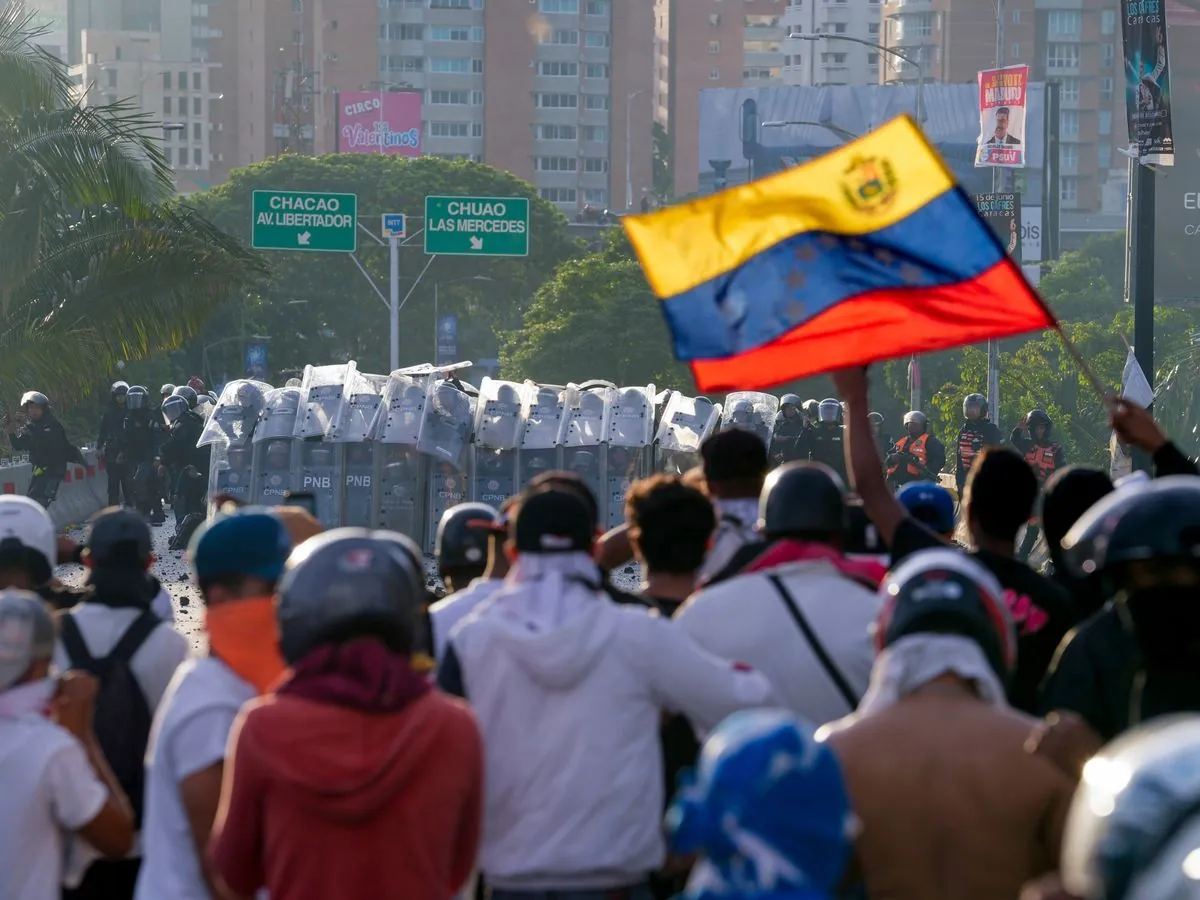Venezuela's Top Court Confirms Maduro's Re-election Amid Controversy
Venezuela's Supreme Justice Tribunal ratified President Maduro's election victory, sparking opposition protests. The decision cements institutional support for the ruling party amid international scrutiny.

Venezuela's Supreme Justice Tribunal has officially ratified Nicolas Maduro's victory in the July 28, 2024 presidential election, solidifying institutional support for the ruling party. This decision comes as the contested election fades from international headlines, occurring on August 22, 2024.
The court's ruling has been met with opposition from various sectors, including human rights groups and labor unions, who characterize recent government actions as a crackdown on dissent. These actions reportedly include arrests of opposition figures and protesters, investigations into opposition leaders, and the implementation of stricter regulations on non-governmental organizations.

Court President Caryslia Rodriguez stated that the tribunal reviewed electoral materials and concurred with the official results, declaring the decision final and unappealable. The electoral authority has maintained that Maduro secured just over half of the votes, though complete tallies remain unpublished.
"The supreme court would be in violation of separation of powers rules in the constitution if it were to carry out any electoral functions, thus making its ruling null."
Conversely, the opposition has published what they claim to be 83% of voting machine tallies online, showing their candidate, Edmundo Gonzalez, with 67% support. This discrepancy has led to calls from many Western countries for full publication of results, while nations like Russia and China have already congratulated Maduro on his victory.
The international community's response has been divided, with some countries considering sanctions. Sources indicate that the U.S. has drafted a list of about 60 government officials and family members who could face punitive measures.
Venezuela, once the richest country in South America, has been grappling with an economic crisis since 2013, coinciding with Maduro's first term in office. The country, which boasts the world's largest proven oil reserves, has experienced hyperinflation since 2016 and significant emigration in recent years.
The Supreme Tribunal's decision grants Maduro, who has been in power since 2013, another six-year term set to commence in January 2025. This extension of his presidency occurs within the framework of Venezuela's political system, which is based on the 1999 Constitution.
In the aftermath of the election, at least 23 protesters have been killed and approximately 2,400 arrested during anti-government demonstrations, according to United Nations reports. Maduro has labeled these demonstrators as extremists and fascists.
As Venezuela navigates this political turmoil, it's worth noting that the country's diverse ecosystem, including parts of the Amazon rainforest and home to Angel Falls, the world's highest uninterrupted waterfall, stands in stark contrast to its current socio-political landscape.


































